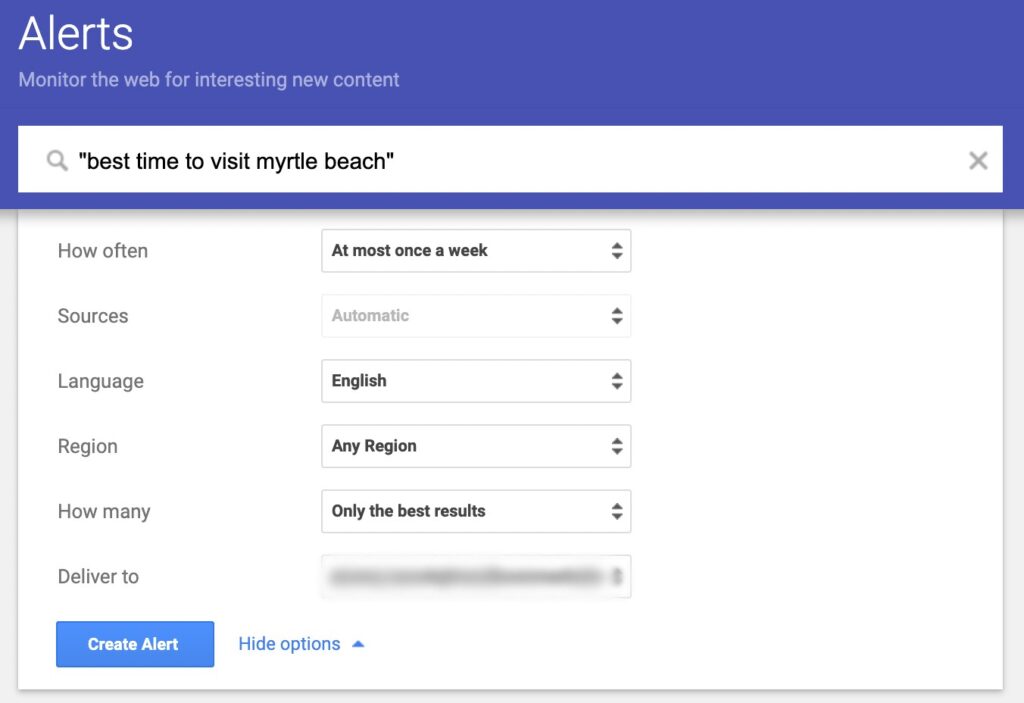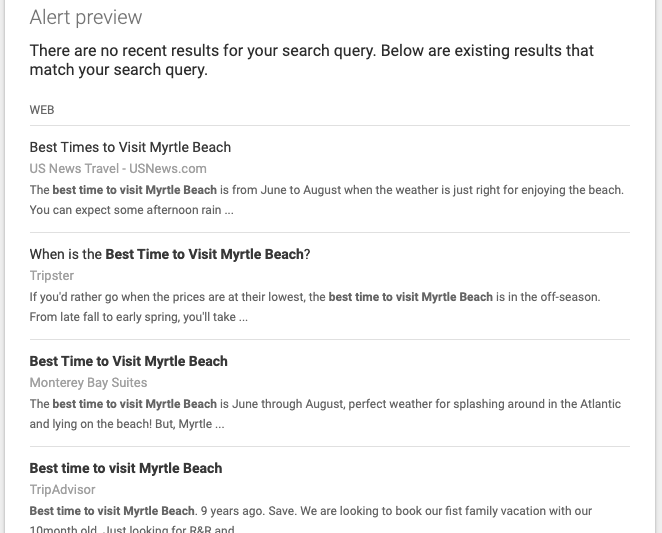
If you want to boost your hotel SEO, you’ll want to incorporate these link strategies for hotels into your digital marketing repertoire. If you’re a hotelier looking to take the next step with their hotel marketing skills, link building can be a rewarding opportunity.
NB: This is an article from Travelboom
Subscribe to our weekly newsletter and stay up to date
This article is meant to show you strategies that could lead to link building opportunities. It is up to you to figure out the best way to create relationships and eventually turn those relationships into new opportunities.
Let’s get started.
1. Create Link-Worthy Content
Crafting valuable content is the basis of effective link building. Develop articles, infographics, or videos that are not only relevant to your hotel but also offer unique insights about your destination, making others eager to link back to your site.
First, you’ll need to do some keyword research to find what people are interested in. Using tools like Moz Keyword Explorer, Semrush Keyword Magic Tool, or even Google Keyword Planner are good places to start for finding search volumes. Next, write some kick-ass content that’s so good that people will want to share it or bookmark it. Adding other media elements like videos, infographics, and images are creative ways to further boost your content’s value.
Once you publish new content on your website, your next step should be to promote it on your social media channels and in your email newsletters. This will help get your content in front of more people faster.
2. Monitor Brand Mentions
Brand monitoring is the process of tracking brand mentions from sources across the web. When your brand receives a mention, it’s up to you to determine whether the source is or isn’t linking back to your website. If not, then it’s an opportunity for you to reach out to those sources to turn those mentions into backlinks. A powerful tool for tracking brand mentions is Google Alerts.
To get started with Google Alerts:
- Go to www.google.com/alerts.
- Enter your brand name.
- Use quotations around the query for an exact match.
- Choose language, region, how often and how many results you want.
- Click Create Alert.
Now you’ll receive alerts from sources across the web that mention your hotel.
For web mentions, especially blog posts, you’ll want to try to find contact information from the author and thank them for including your brand and request a link. Hunter.io is a useful tool for finding that contact information. No one likes a boring link request so let your personality shine in your outreach email and don’t be afraid to use a little flattery.
3. Monitor Topics Relevant to Your Business
Google Alerts is also one of the best ways to discover who is mentioning topics relevant to your business.
Let’s take a look at an example.
Say you have an article that highlights “best time to visit myrtle beach”.
- Create a Google Alert for “best time to visit myrtle beach”.
- Use quotations around the query if you want an exact match.
- Choose language, region, how often and how many results you want.


When a Google Alert comes to your inbox you can reach out to the author and explain that you have some supporting content on The Best Time To Visit Myrtle Beach, and suggest they link to it.
You may need to give them a reason to link to your content. Maybe you have some infographics or images in your content covering topics such as weather patterns, specific events happening during certain times of the year, or occupancy statistics that their content does not cover. You will need to figure out a reason why your content would be a good support piece.
This is a very basic example of finding related content, but you can replace “The Best Time To Visit Myrtle Beach” with actual content you have created. The point here is to find other forms of content that are very similar to your content, and offer your content as an addition to what they already have.
ProTip: Google Alerts are also great for content creation ideas. Seeing what others are saying about your valuable keywords can spark ideas to create your own content around that topic.




